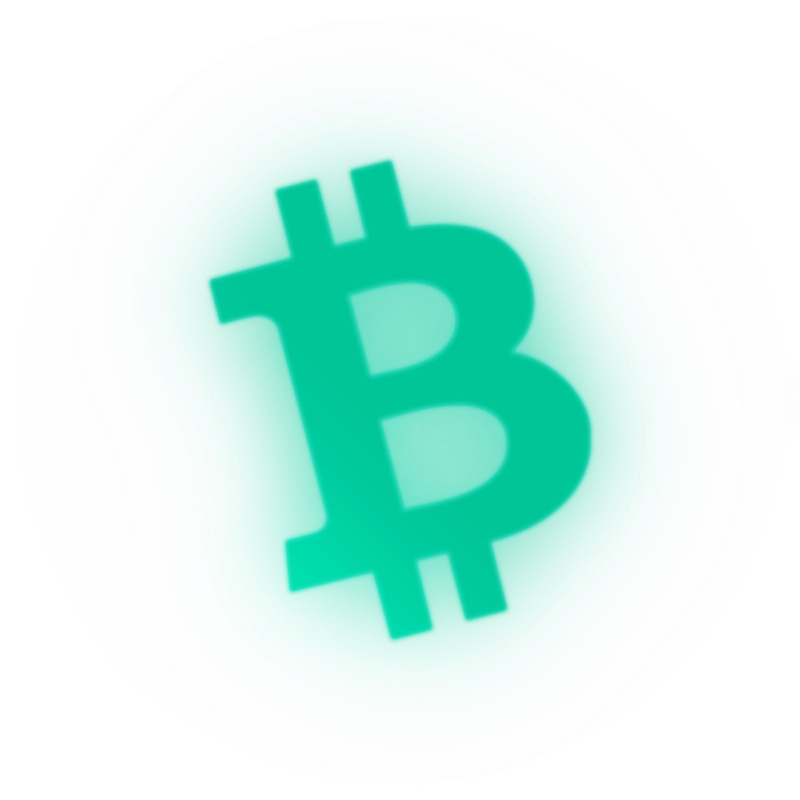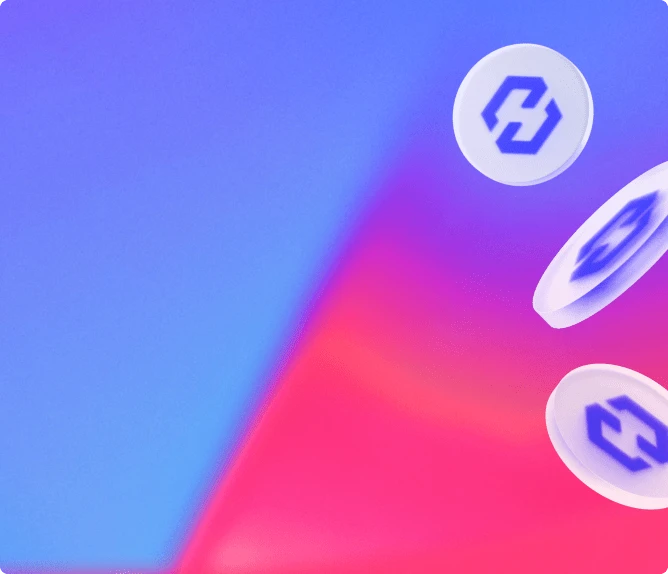Investing in crypto-assets carries risks of liquidity, volatility, and partial or total capital loss. Crypto-assets held are not covered by deposit and securities guarantee mechanisms.


Sign up for our newsletter
Partners
Coinhouse
Our accounts
Coinhouse
Coinhouse SAS with a capital of €210,000, RCS Paris 815 254 545, headquarters: 14 Avenue de l'Opéra 75001 Paris – support@coinhouse.com. Registered with the AMF for activities related to the purchase/sale of digital assets against legal tender, the exchange of digital assets for other digital assets, and the custody of digital assets for third parties under the registration number: E2020-001.
Coinhouse payment solutions
Company registered with the Paris RCS under the number 914 384 557, registered with the Prudential Control and Resolution Authority as a payment service agent under the number 727503 of the electronic money institution Treezor, headquartered at 33 Avenue de Wagram, 75017 Paris.
General conditions, disclaimers and legal documents.



Bitcoin Cash (BCH) is a cryptocurrency that emerged in 2017 following a hard fork with Bitcoin.
Designed to be an enhanced version of Bitcoin, Bitcoin Cash aims to offer faster transactions and lower fees, by increasing the block size in the blockchain.
This approach enables more transactions to be processed per block, making Bitcoin Cash particularly suitable for everyday payments and microtransactions.
The project maintains a vision of decentralization, while focusing on the efficiency of digital payments on a global scale. Buy BCH online.
Bitcoin Cash (BCH) was born on August 1, 2017 following a Bitcoin hard fork, the result of differences within the Bitcoin community over how to increase the blockchain‘s scalability.
Originally, Bitcoin Cash was proposed by a group of developers and miners (Bitcoin mining) who felt that increasing the block size was the best solution to enable Bitcoin to process more transactions and thus become a more efficient digital currency for everyday payments.
The Bitcoin Cash team is made up of a decentralized community of developers and contributors.
Several independent development teams are working on the project, such as Bitcoin ABC, Bitcoin Unlimited, and Bitcoin XT.
These teams are working together to improve the Bitcoin Cash protocol while maintaining strong decentralization and avoiding concentration of decision-making power.
Roger Ver, one of Bitcoin’s first promoters and a fervent supporter of Bitcoin Cash, is often associated with the project, although he is not officially part of the development team.
Bitcoin Cash (BCH) is a cryptocurrency born in 2017 from a Bitcoin fork.
It aims to improve the speed and efficiency of transactions.
Unlike Bitcoin, Bitcoin Cash increased the block size of its blockchain to 8 MB, then to 32 MB, in order to process more transactions per block.
This translates into lower transaction fees and faster confirmations, making BCH particularly suitable for everyday payments.
Bitcoin Cash retains the principles of decentralization and security, while offering greater scalability for global use.
The differences between Bitcoin and Bitcoin Cash are minimal.
At the time of the fork, the only difference was an increase in block size from 1 megabyte (MB) to 8 MB.
Since then, Bitcoin Cash has further increased this limit to 32MB.
In principle, Bitcoin Cash can therefore accommodate around 15 times more transactions than Bitcoin, whose capacity is around 1.8MB after the implementation of SegWit.
However, as the following graph shows, blocks are empty and struggle to exceed 100KB, ten times less than 1MB.
The differences between Bitcoin and Bitcoin Cash are minimal.
At the time of the fork, all that was involved was an increase in block size from 1MB to 8MB.
Even if the blocks were full, increasing the block size every time the Bitcoin network reaches saturation is not a long-term solution.
If Bitcoin usage explodes, infinitely larger blocks would be needed.
This would pose huge problems for the network, as each block would have to be broadcast to the various nodes in the network to keep everyone in sync.
In addition, the size of the blockchain would be disproportionately large, leading to centralization, as fewer people would be willing to hold a copy of the blockchain.
This would weaken the network.
For these reasons, the majority of the Bitcoin community agrees that scaling the Bitcoin network should be achieved through second-tier solutions such as the Lightning Network, which is currently operational but still needs to be improved for seamless use.
If Bitcoin Cash has had, and still has, any success, it’s because it’s been backed by important players in the community. Roger Ver, a pioneer of the Bitcoin ecosystem and a major investor who helped publicize and promote Bitcoin in its early years, is a fervent supporter of Bitcoin Cash, even claiming that it is the real Bitcoin in accordance with Satoshi Nakamoto’s original vision.
Of course, since the real Bitcoin is the one supported by the majority, this argument is invalid, but Roger Ver has considerable resources at his disposal.
In particular, he owns the bitcoin.com website, which can be a source of confusion for newcomers.
In addition to Roger Ver, Chinese mining giant Bitmain, headed by Jihan Wu, has backed Bitcoin Cash.
This led to Wu losing his position as CEO of the company.
Bitcoin Cash tokens (BCH) are mainly used as a means of payment in transactions.
They offer low fees and fast confirmations, making them suitable for everyday purchases.
In addition to their function as digital currency, BCH tokens can be used to transfer value across the network in a decentralized way, without the need for financial intermediaries.
Some users keep BCHs as an investment, hoping for long-term value appreciation.
As mentioned above, we view Bitcoin Cash primarily as a speculative investment.
We believe that, on a fundamental level, Bitcoin Cash’s value proposition is very weak compared to Bitcoin because it is not the chain supported by the majority of the Bitcoin community, which is a consensus network.
The Bitcoin Cash network has much less computing power than Bitcoin, as well as fewer users, making it less secure and more susceptible to attack.
All this is not to say that Bitcoin Cash cannot rise in value at certain times, but this asset is more easily manipulated by unscrupulous investors with substantial financial resources.
This information should be taken into account before investing in Bitcoin Cash and any Bitcoin fork.
For tailor-made support in your cryptoasset investments, as well as relevant market and project analyses, discover Coinhouse’s Premium status, and benefit from the assistance of our experts!
Share the article


Download app